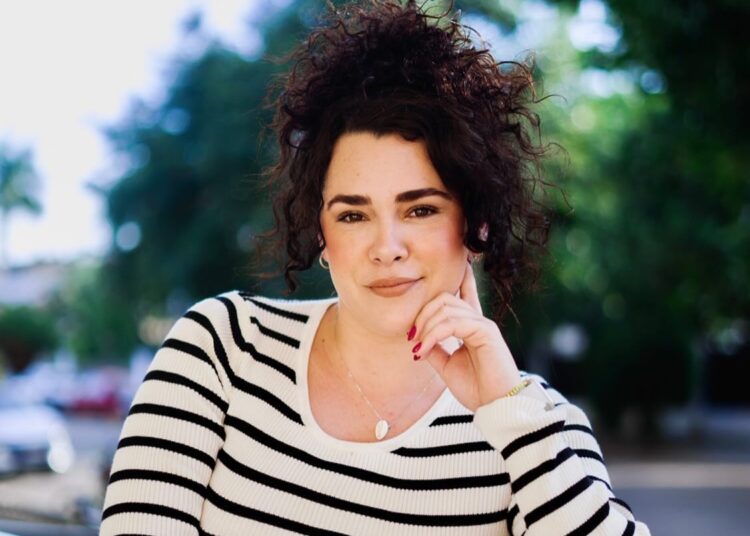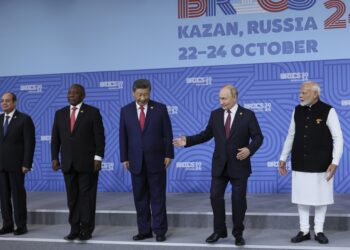The name MadWoman stands out when talking about advertising in Cuba. With courage, the company presents itself as a communication agency in a country where the activity is not legally permitted for the private sector. It is necessary to hide behind design, photography, and audiovisual advertising creation to exercise it.
Five years after founding the company, with the ups and downs that this has entailed, we spoke with Mayvic Delgado, its creator, and CEO, about her professional history and what this five-year period of work has been like, in which there have been no few challenges.
Acting, Art History, Production…
Founding a communications agency was never among Mayvic’s dreams. Born in Cienfuegos, she came to Havana to study Art History, but she aspired to be an actress. She did not pass the ISA tests in her province, but she did not give up. “Until Corina Mestre sees me, I will not rule myself out,” she said to herself.
She spent her first years of university taking acting alongside her studies. She participated in plays at the Bertolt Brecht, at the Casona de Línea, was part of amateur theater groups, studied with Humberto Rodríguez and Teherán Aguilar. But at some point, her path deviated.
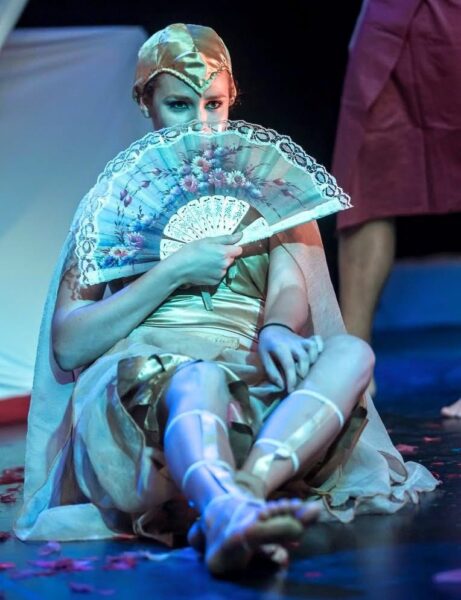
“That was what I wanted to do, but it was hard for me. Acting is a very complicated world; I obviously didn’t have any money, I was on a scholarship at Alamar, at Micro Diez, which was the Art History scholarship, and I would leave rehearsal at 1 am to take a P-11 to Alamar. In the third year I said ‘I love it, it fills my soul, but I need to do something else”, she says.
A shop assistant in a candy store; producer at Garbos magazine and May Reguera’s studio; production assistant, producer and art director of music videos with directors Charles Cabrera and Felo for artists such as Yomil y el Dany, Will Campa, Divan, Alex Duvall, Brenda Navarrete and Cimafunk; social media manager for the band Toques del Río. These are some of the many jobs that Mayvic took on between 2017 and 2020. She was not yet aware of how that journey gave her experience and tools for her undertaking.
At the same time, she was finishing her university degree, with a thesis on advertising that began by studying the 1950s in Cuba, to end in a case study on Vistar Magazine, one of the independent media in the country that resumed advertising as a means of financing.
“My thesis was just another study; I never thought I would use it later. In fact, in the end, I got bored of everything being a pamphlet, and I put together an exhibition called ‘I Want to Buy My Havana,’ simulating what the city would be like if there were advertisements in places like the Capitol or the Prado. I set it up in 3D, I asked the owners of the businesses that advertised for a quote to print, and when we had everything ready, we couldn’t exhibit, because the Gorría Gallery had another plan and Vistar didn’t have high-quality ads.
“But for me the thesis was that; I saw it as something very theoretical. Then the pandemic came, productions began to decline, there were no more video clips, artists had no budget. I fell into a rut, because I didn’t have a secure job, I was living in a rented home, and I said: ‘I have to be able to take advantage of everything I’ve done, what I’ve been working on for 5 years.’
“At first, I had no idea what it was going to be, whether it was an advisory, a consultancy or an agency for musicians. I started moving, setting up, and well, I came up with MadWoman, which at first was called Trendy. I started on my own. I created the page and 4 or 5 structural documents. I called a friend who supported me throughout that time. I remember that I wrote to him and asked him: ‘what do I need to make an agency?’ and he answered: ‘a good client.’”
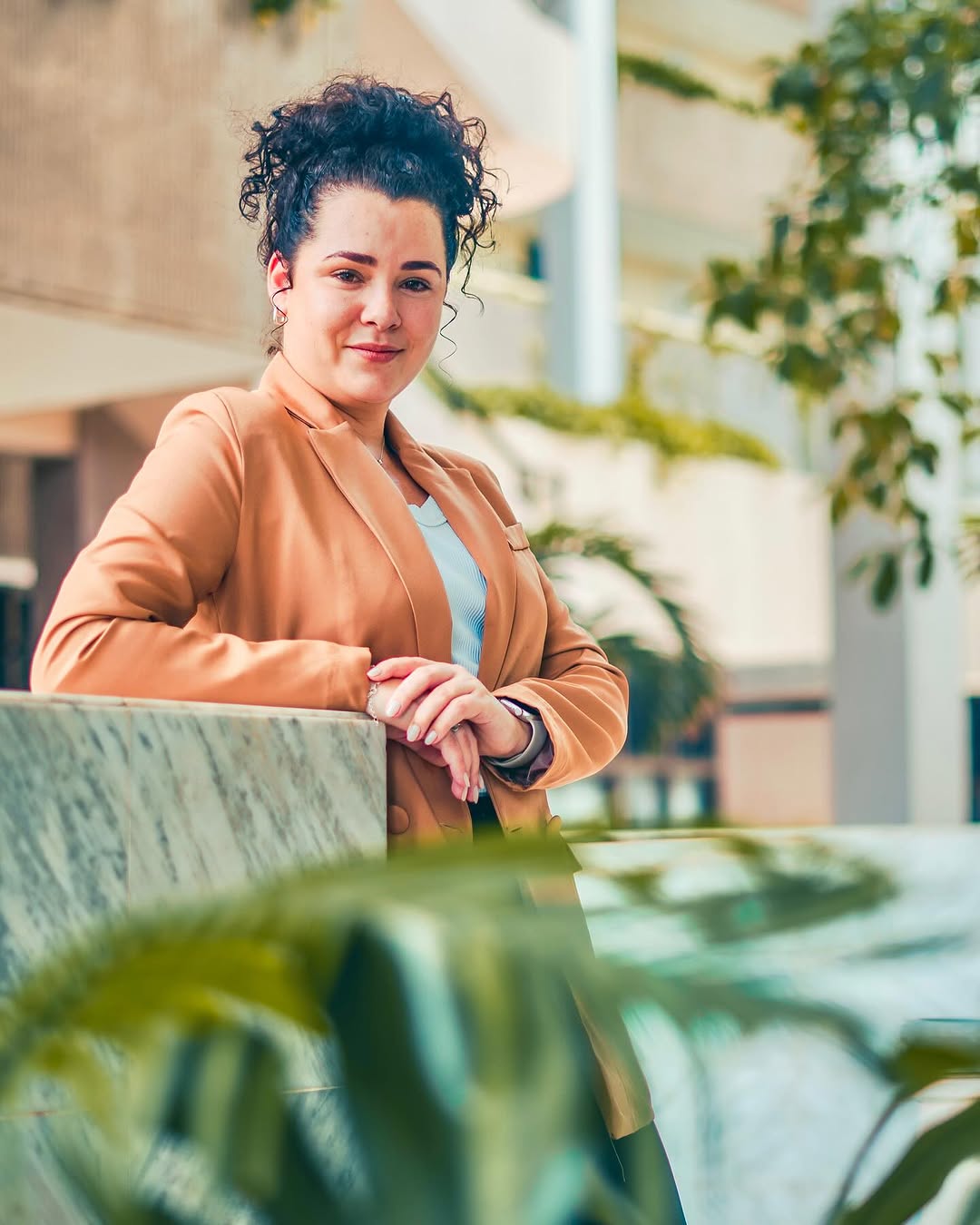
Five years
To celebrate its five years of work (in September 2024), MadWoman held the first Jornada 2.0. It was a creative space that included conferences on business trends, international payment solutions, accounting management and global communication strategies. It was a great night at La Quinta de los Molinos, with space for business pitching and important announcements for the company.
One of the things they did at the event was to present changes in the structure of MadWoman. What are they and what do they represent?
The biggest change is the departure of Disley, who was my partner for three years. It was a mutual decision, we did not have the same visions regarding the growth of the company and ways of carrying out the corporate culture, and we decided to end the partnership. We are both happy despite the sadness of the separation because we achieved many things together.
From there, internally what we have done is try to build a slightly more serious corporate culture. We had a somewhat childish vision and we did a rebranding knowing what stage of the company we are in and what we want to convey.
Our clients — and some of the potential ones — did not understand our vision very well, or did not identify with it. What we did was change the perspective a little, how we sold ourselves. The company had reached a moment of maturity. We needed to convey it in every sense, both internally and visually.
Internally, we structured the processes better, placed better area managers, delegated a little more responsibility to some of the members who had already been with MadWoman for a long time, and who were busy with tasks that did not have as much impact on the company.
But really the only change in internal structure has been the departure of Disley and the incorporation of one of the managers who had already been with us for almost two years working in other positions. She had demonstrated incredible ability. Diana Iglesias also joined as strategic director in the accounts area. Eighty percent of the services are executed in that area.
MadWoman: the dream of creating a private advertising agency in Cuba
Human capital has become a problem for almost all labor sectors in Cuba. In the sector in which MadWoman works, is there also a problem with the preparation of these people according to what the agency wants to achieve?
We have more competition in the work environment than in business competition. We are more affected by people choosing to work in other places than here. That is the fundamental concern, not the other agencies. And the main reason is that we are Cubans, that’s a bit of our culture. There is a lot of laziness regarding professional preparation.
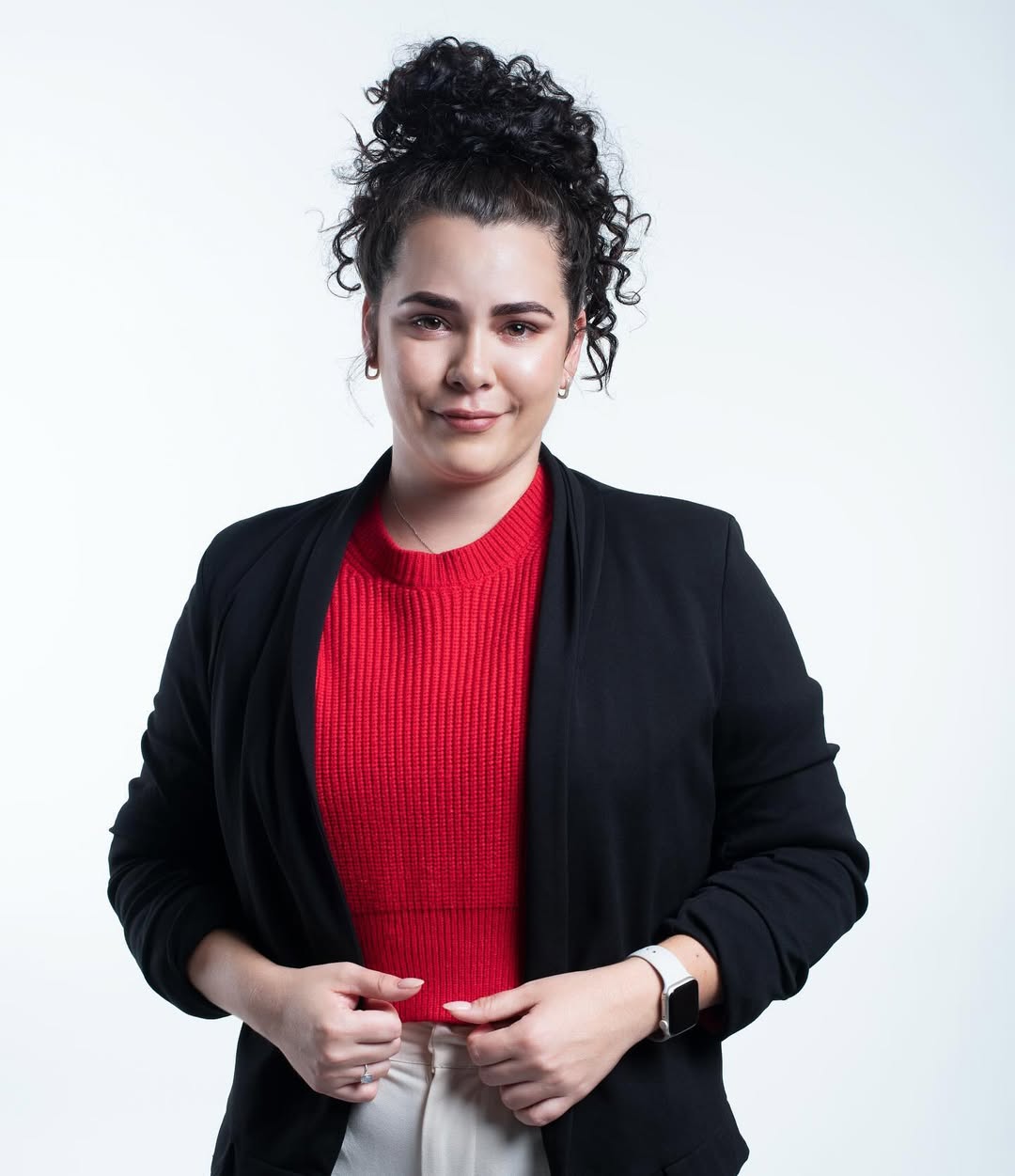
It is much easier to be a freelancer. If you manage three restaurants and charge each of them at least $200, you are charging $600 a month. That is competitive in terms of salary, considering what we can pay. That is why it is difficult to retain people.
If they want to learn, grow professionally, become communication professionals, MadWoman is the place, without a doubt, because we have a full-time training program, trained personnel who work with those who enter in a constant process of growth. You learn a lot; you have to face constant challenges.
We love the freelancer world. They have a capacity that agencies don’t have. I see them as allies. But whether I hire them or not will depend a lot on their ability to be prepared, to learn. If you want freedom, not to learn so much and get paid a lot instead of developing as a professional, then maybe the agency is not the place. We believe that we have competitive salaries, but compared to this freelancer scenario, maybe not so much.
People don’t study enough, sometimes they are even inside, they are receiving training and they don’t follow up on that knowledge to put it into practice.

How does MadWoman practice this constant improvement in its development program?
There are two ways. One is through a specific training plan developed by our human resources team. Basically, what we do is identify the weaknesses or less developed areas of the worker in terms of knowledge, and that is where the work is focused. For example, maybe we have a manager who is good at managing clients, but not so good at leading her team; then we work directly with her on leadership and process management.
We have another more general knowledge plan that includes talks, lectures, workshops on general communication topics, whether with a sales focus or audience segmentation. In that case, what we are looking for is to have guests. In recent times we have had incredible guests. The teams have been fascinated by the talks.
We are also looking for training outside of Cuba. This is something we want to expand in 2025: having access to talks and lectures, as long as we can afford them and we can also, due to technology, access them. Another thing we really want is for the most experienced to help train the new ones.
When we hire someone, this person does not go straight to work. They have an initial period called onboarding, where they basically get to know the company, who their bosses are going to be, what their responsibilities are, their expectations, if they have certain weaknesses or uncompleted skills. In this phase, they are prepared with training so that they enter the position they are going to occupy as ready as possible.
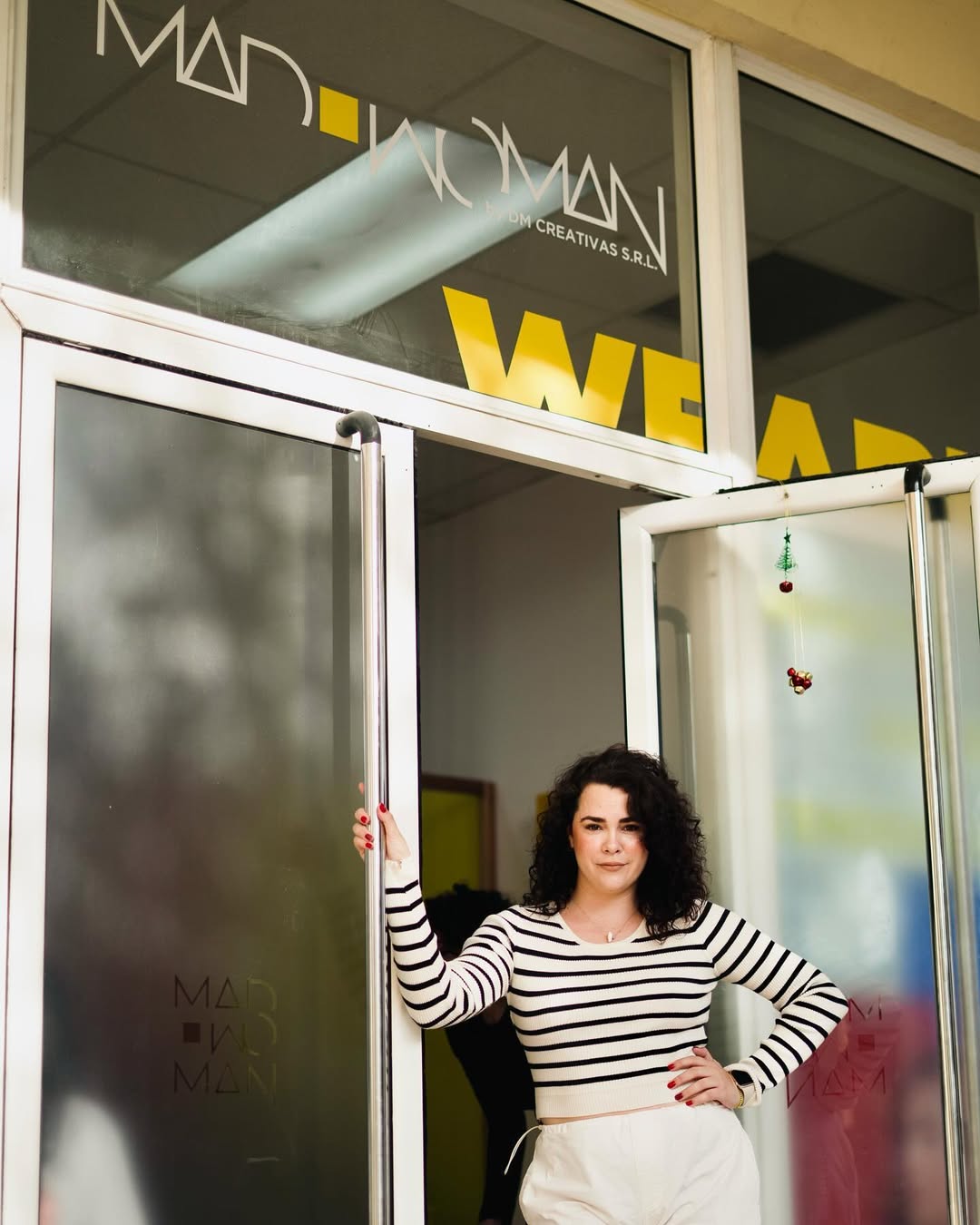
MadWoman is developing in a short time a process that must have taken decades for advertising in Cuba. What strategy or tools do you use to respond to international trends without neglecting the Cuban identity in your promotional products?
First, analyze and put all the points on the table to arrive at a final product. That is MadWoman’s maxim: do not make any communication product without a prior process of market analysis, of competitions, and weak points.
We have obviously made mistakes. Maybe we have released some advertisements that have generated controversy, but in principle, there exists an important strategic basis.
I say that the language of communication is universal, it is the same everywhere, with more tools, more technology, more tactics, more technique, depending on the space where you practice it.
There is one super interesting thing: we try to make the products we make visually look very polished, clean, certainly ‘foreignized,’ but the strategy behind it is purely Cuban. When it comes to inserting those advertisements, we do not do it on television, on the radio, or a billboard in front of the Prado. In other words, we don’t have the same distribution channels as everyone else. Which ones do we use? Client social media, events, the street, an influencer, sponsorship. These channels are already very grounded in the Cuban context. If you’re not there, you don’t connect with any audience.
Did the new Law on Social Communication mean something good or bad for MadWoman?
Neither good nor bad. The Law does not protect the private sector at all. It is aimed at state-owned enterprises and media. In other words, it accepts that advertising can be done, that’s a step, but it doesn’t recognize the publicist or agency figures, both things are still prohibited. Therefore, who is going to do the advertising? It’s unknown. We are really a graphic design company and photography and audiovisual products. But no one is going to take away from us that the process we follow to make the final product is part of advertising.
The limitation of not recognizing advertising for those who do it is that you have to focus on selling the final product and not the process. In the entire world, what costs the most is the second. What really has value is my ability to understand your business, your public, your competition, and find the tools to make you shine on that stage. The rest is done by anyone, better or worse. A design, a photo, a video, that’s done by a thousand people. What’s behind it is what has value, and that’s what’s not legitimized in our context.
Does the client understand the limitations imposed by the lack of legal recognition?
The client is not so aware of the limitations, directly. Sometimes clients tell you that it’s better not to advertise on the radio or television because they are exposed. We have not adapted, advertising is still viewed with a bad eye.
We had an experience in 2023. We took out an El Gelato advertorial on Cubadebate. We knew it was a risk, we put it on the table, we assumed it and the attack on the brand was huge because we are not adapted to those dynamics.
There was talk of privileges when it had nothing to do with that. Anyone can pay for a banner on Cubadebate. But because we were the first, it was understood that way. This shows that we are not prepared.
MadWoman has experience working with both state and private clients. Which of the two is more difficult?
At the client level, it is still difficult with any of the economic actors. Basically because sometimes advertising is not understood.
The only difference is that the private sector takes better care of its money than the state sector. So you have to convince it more, you have to follow a much more dedicated process so that it understands the need for investment. The state sector does not understand it, but maybe it has the budget there and has to execute it, and in theory, it is easier. But the understanding of the product is the same.
When I go through the interview processes with new clients I try to be 80% present in the acquisition, and sometimes I say no to the clients. The team sometimes does not understand, but giving access to a client who does not understand the importance of what we do is putting a noose around our necks, it is talking to ourselves, not having feedback, not being able to do the work. In the long term, it becomes a dissatisfied client, even if you are doing super well because they do not understand the importance of the process.
When the client doesn’t care about the impact of their brand, the tone they want to have with the market, or when sales strategies are crazy and they sell one thing or another, they don’t have a discourse, they don’t have a brand essence, what do we work with? That’s all we do at the agency.
With a client who understands that communication is a strategic part of their business, you can do really good work, see and measure results.
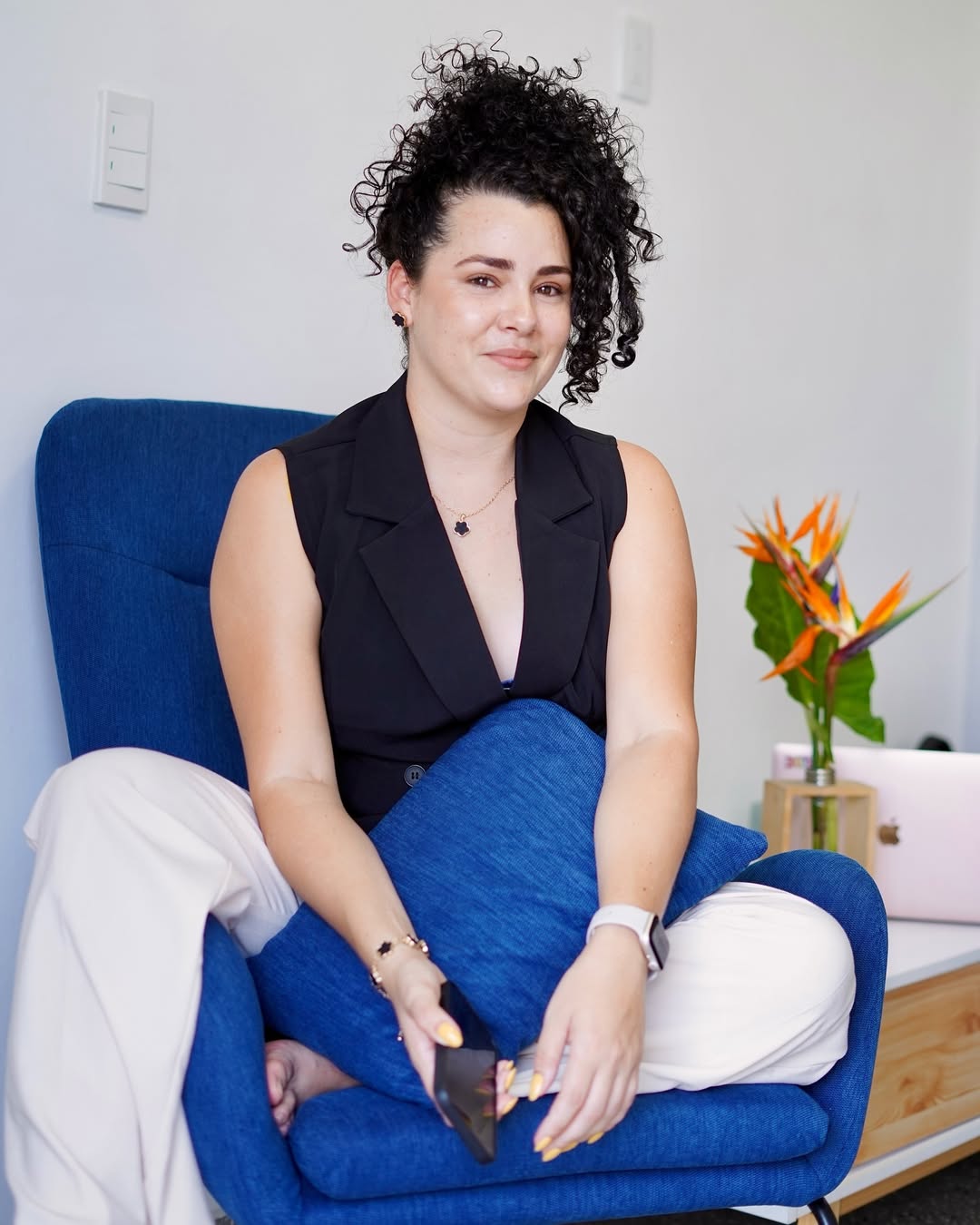
Where is there more to do, with staff, with clients or with society?
With society. Clients sometimes want to take risks, to do things, but they are afraid of the negative impact it can have. Nobody wants to see their brand hurt. People simply don’t understand that there are new possibilities, new openings. Despite all the obstacles, some things can be done. There is a rejection of the success of certain sectors, of things that one part of the population can consume and another cannot, and to some extent it is understandable, but to another, it is limiting a sector that is growing and that is basically fighting, and doing its job. Why can’t they move forward?
What has been the most difficult moment for the agency?
In 2021, when we decided to grow three times as much. There was still no legal framework for the company, but we had possibilities, clients were coming in, we hired 15 people in a month, and it was a disaster. Many did not have time to prepare, we had a super small office, nobody could concentrate. It was a very tense moment. People obviously didn’t last long because we led them to make mistakes: they didn’t prepare, there was no onboarding, they didn’t understand the processes. They left in droves, and it was a very sad moment because, in fact, today there is a generation of MadWoman damaged because they worked hard, got tired, didn’t understand, didn’t learn, and felt that we were not an ideal space.
How did you overcome it?
With the support of Disley. She was just starting out. The two of us took on 80% of the work of the people who left. We worked for hours on end and our clients didn’t find out. Then we restructured the scenario.
We hired Auge, we asked them for a diagnosis of what was happening, even though we already knew, but we wanted them to put it into an action plan. From there we made a strategic plan for the next hires, we included a head of operations, we created a structure to do it well the next round.
Have you felt crushed by the pressure of carrying out a project of the size that the agency has reached?
It’s been a really hard five years. I’m a hard worker; I enjoy what I do and I focus on that. I think I’m also a fighter because I’ve seen it in my mother, a single mother with two children, and in my grandmother. I always saw them work, not complain; I think I have that gene. Sometimes it sounds selfish, but survival has been a big part of my ingenuity. I was always very much like, “‘I have to be strong; I have to be ready for whatever comes.”
I remember one day I woke up and had nothing to do at the agency; I cried like crazy. At that time, about 12 people left their homes to work on this thing I had created and I didn’t have, apparently, anything specific to do. That’s when a sense of responsibility for the venture was established. Now I don’t do it just for myself, but for them.
With today’s experience, if you were to found MadWoman again, what would you do differently?
On a business level, I would worry more from the beginning about human capital, about understanding that human resources and the way of managing personnel make a difference in the business. It was precisely when we started to worry more about that that we made the difference.
During the first three years of the agency, my main focus was sales, brand positioning, and visibility in the market. Perhaps I neglected human capital a little, human resource management, internal organization, internal organizational culture and, obviously, that brought me many ups and downs.
On a personal level, I would have enjoyed the beginning more. I feel like everything was very overwhelming at the beginning. Achieving things was the priority and I didn’t enjoy it as much then as I do now with a certain level of stability.

